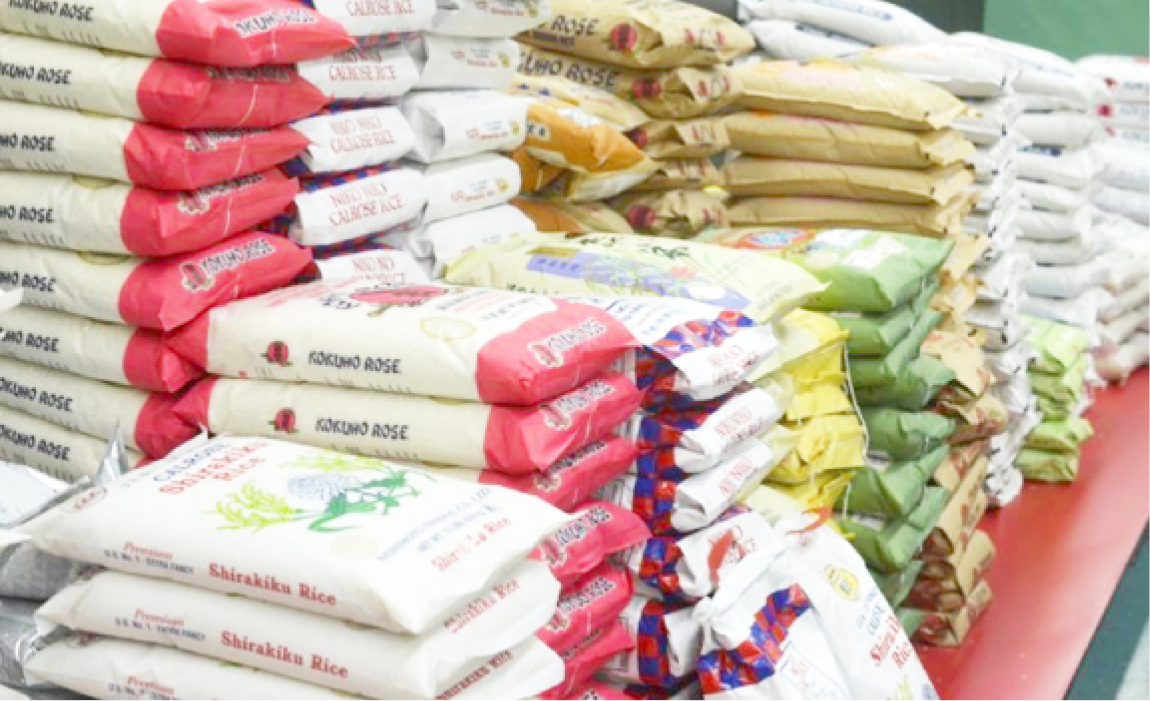Rice sufficiency: Nigeria has a long way to go —Expert
Dr Philip Idinoba, a rice commodity specialist with AfricaRice, has raised concerns over increasing population that is eroding Federal Government’s effort toward boosting rice production. Idinoba expressed the concern in an interview with the News Agency of Nigeria (NAN) in Gombe on Tuesday. Kwali council sets up committee on farmers, herders’ clashes Maize’ll be Scarce […]

Dr Philip Idinoba, a rice commodity specialist with AfricaRice, has raised concerns over increasing population that is eroding Federal Government’s effort toward boosting rice production.
Idinoba expressed the concern in an interview with the News Agency of Nigeria (NAN) in Gombe on Tuesday.
- Kwali council sets up committee on farmers, herders’ clashes
- Maize’ll be Scarce in 2021, maize farmers raise alarm
He said that there is need for more government investment on rice to boost Nigeria’s food security.
According to him, the government is doing a lot to boost rice production, being a staple food, but the growing population of the country is eroding such gains.
He said that the rate of urbanisation, which is one of the key drivers of rice consumption in Nigeria, was far higher than the rate at which rice cultivation was being improved.
“Nigeria still has a long way to go in terms of rice sufficiency.
“We are making efforts every year through the ‘Anchor Borrowers Programme’, special intervention programme and other donor funded projects.
“These are to bring certain things that will help farmers increase yields and productivity.
“But in spite of these Federal Government efforts, the number of new mouths we are adding yearly writes off all these improvements,’’ Idinoba said.
A lot to be done
The agronomist added that a lot needed to be done through increased investments, especially in dry season farming.
Dry season farming, according to him, can be leveraged on to boost rice productivity.
“We will have better result in rice production if we will be able to close the gaps that dry season often writes off in rice cultivation.’’
According to him, if you have eight million farmers cultivating rice in the wet season and only two million of them cultivate rice in the dry season, then the efforts are not enough yet.
Idinoba, who is also a water management specialist, advised farmers in flood-prone areas in the country to plant flood-tolerant varieties that could survive in water between three and four weeks.
These varieties, which were released three years ago and being multiplied by the National Seeds Council of Nigeria and other seeds companies, he said, were available and could be accessed by farmers.
“This year, the kind of stories we heard from farmers in Kebbi, Jigawa and Adamawa, with this kind of varieties, you may not have total failure like that.
“Hence, integrating such technologies will help in a way.’’
The rice specialist added that in such areas, there should be improvement in the cropping environment through the construction of water structures to control, retain or evacuate water. (NAN)
